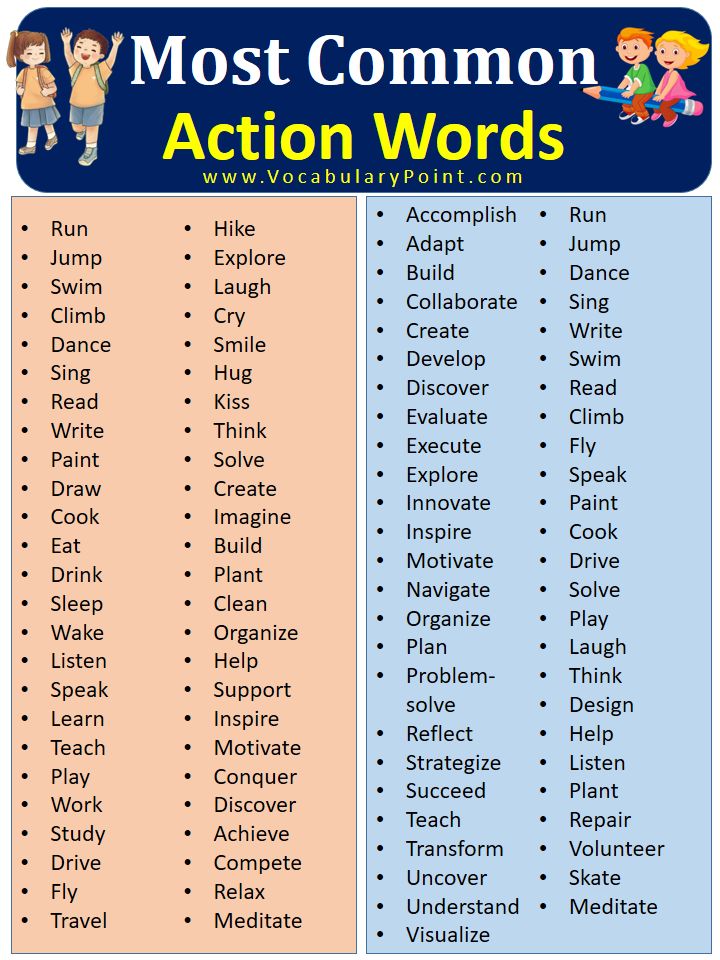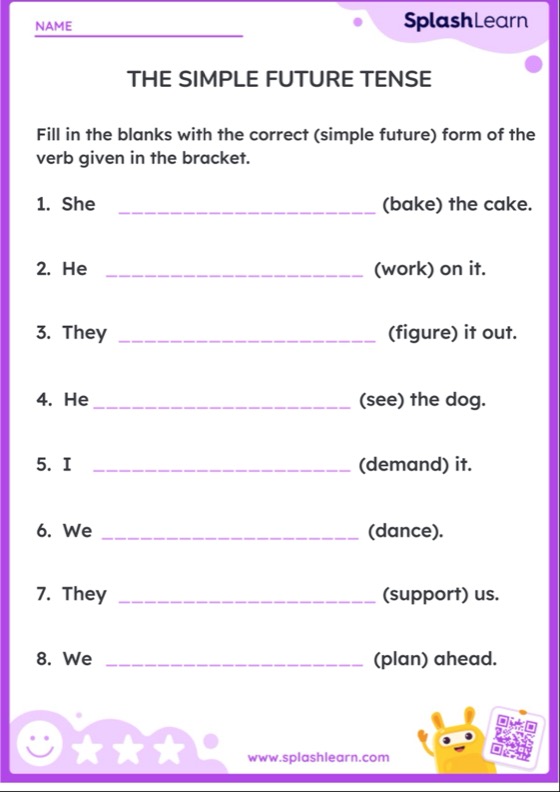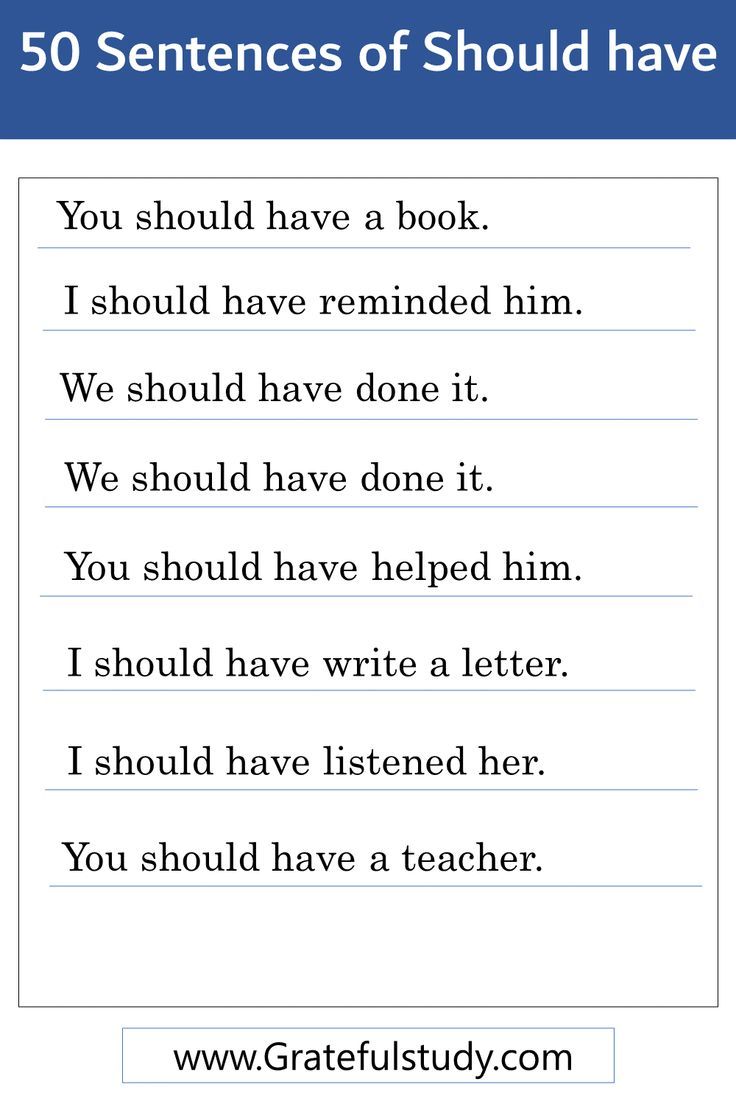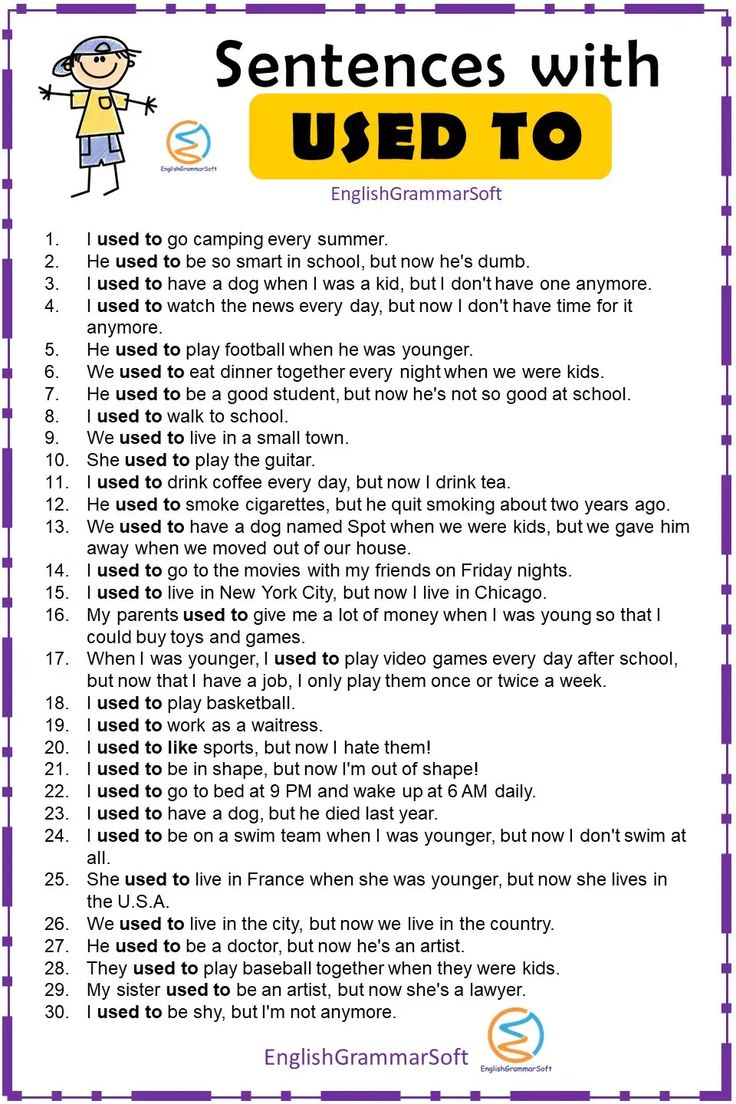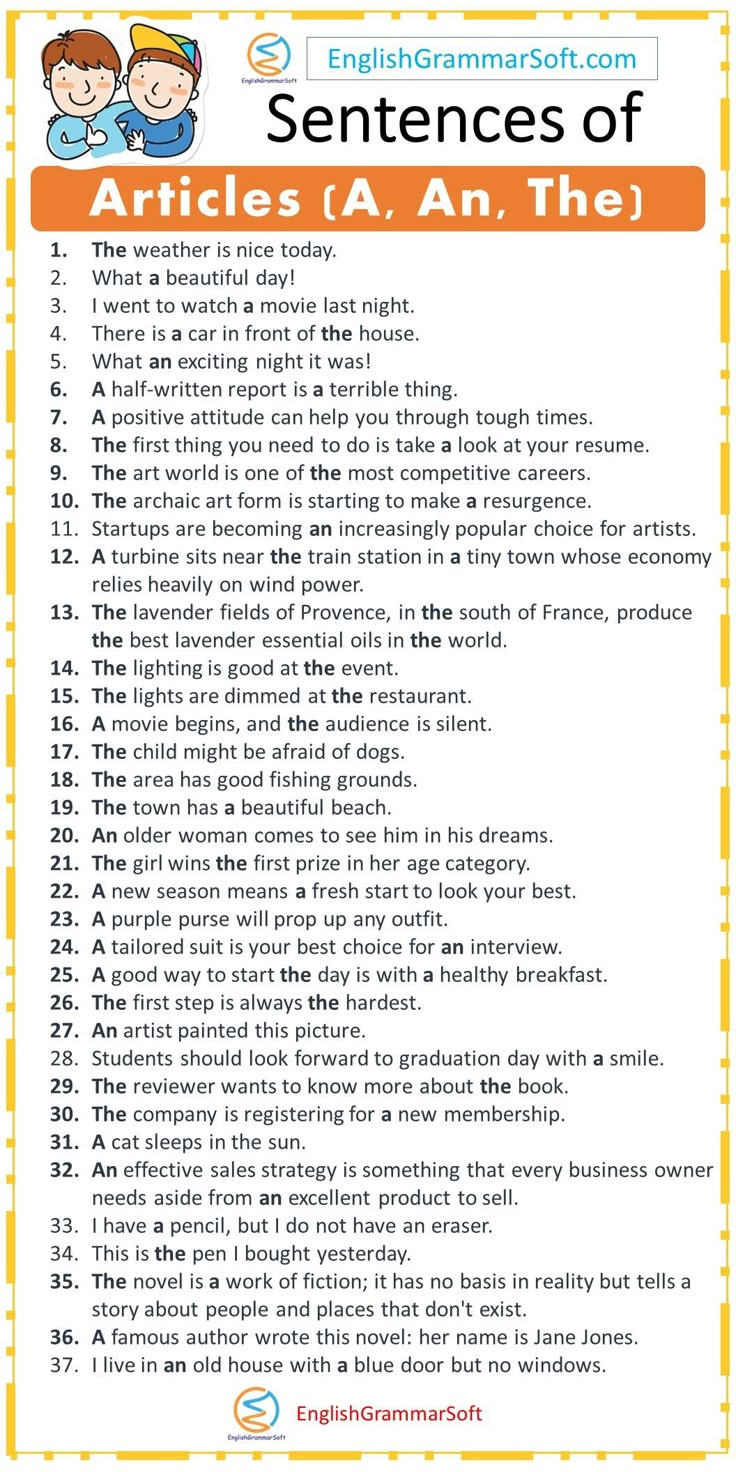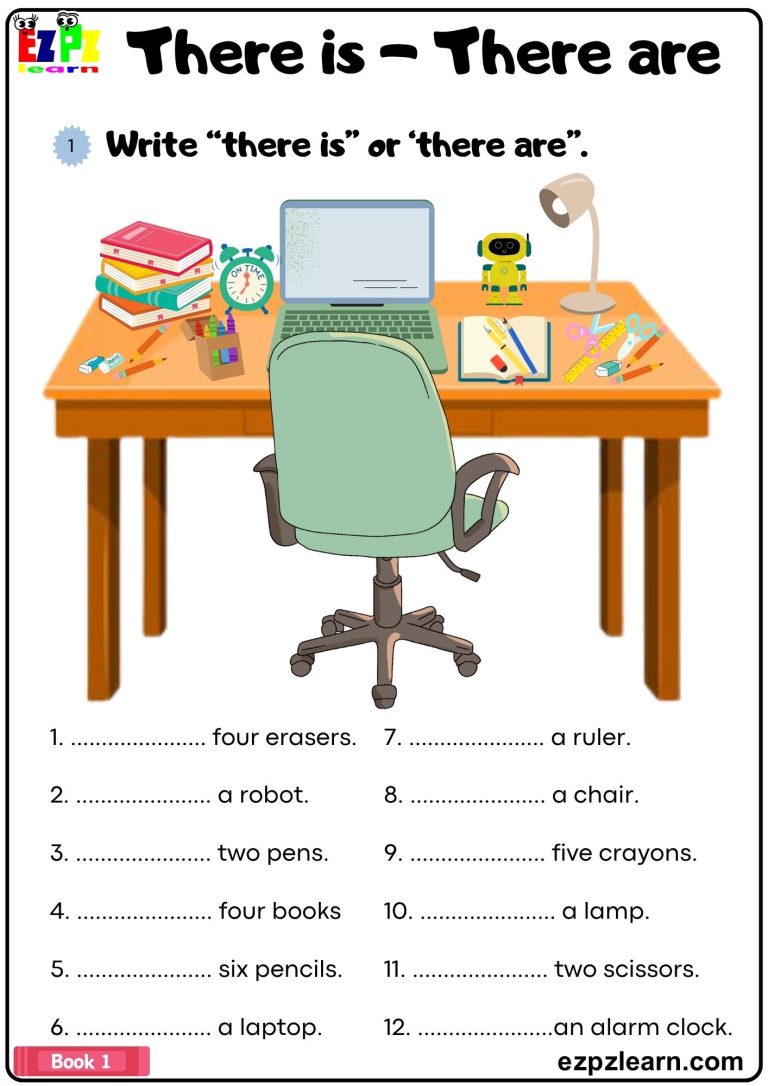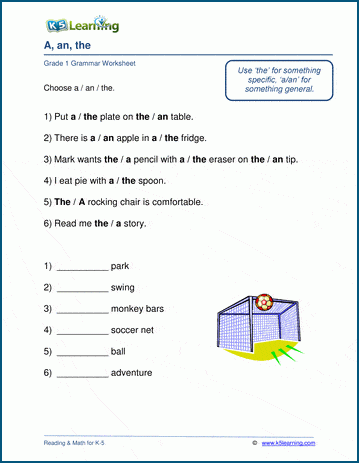Common Action Verbs List With Sentences
Unlocking the power of language begins with action verbs. These dynamic words not only drive your message home but also breathe life into your sentences.
Imagine crafting a story where every word resonates with energy and clarity. That’s the magic of action verbs. If you’ve ever felt that your writing lacks punch or clarity, you’re not alone. Many people struggle with this. But here’s the good news: by mastering a common list of action verbs, you can transform your writing into something more engaging and powerful.
You’ll explore a handpicked list of action verbs, each paired with sentences that illustrate their impact. Get ready to elevate your communication skills and captivate your audience. Dive in, and discover how these verbs can become your secret weapon in writing.
Action Verbs In Daily Communication
Action verbs are words that show action. They help us understand what someone is doing. For example, if you say, “She runs,” the verb runs tells us what she is doing. Action verbs make sentences clear and lively. They are used to describe activities people do every day.
Here are some examples: jump, eat, read, play, and write. These verbs describe simple actions. Kids use them often in stories and conversations. Action verbs help to create images in the mind. They make the message exciting and easy to picture.
Sentences become interesting with these verbs. They help us imagine the scene. Without action verbs, sentences are dull. For example, “They play soccer” is more fun than just saying “Soccer.” Use action verbs to add life to your words.
Importance Of Action Verbs
Action verbsare words that show actions. They help make writing clear. These verbs tell us what someone is doing. For example, “run,” “jump,” and “play” are action verbs. They make sentences lively. Sentences with action verbs are easier to understand. They give details about activities. Action verbs are used in stories, reports, and more. They help readers picture actions. This makes writing interesting. Action verbs also help express ideas clearly. They tell who does what. Without them, sentences can be dull. Using the right action verbs can make sentences stronger. They can show a character’s feelings or mood. Choosing action verbs carefully is important. It helps tell a story better. Action verbs make writing fun and engaging. They are key to good writing. Everyone uses them when they speak or write. Knowing them is helpful.
List Of Common Action Verbs
Action verbs are words that show an action. They tell what someone does. Here is a list of some common action verbs: run, jump, eat, sleep, read, write, and swim. Each verb tells a different action.
People use these verbs every day. For example, “I run to the park.” Another example is “She reads a book.” These verbs make sentences clear. They show what happens.
Using action verbs is easy. Try using them in your sentences. It helps others understand better. Action verbs make stories fun. They tell what people do. So, use them often and enjoy writing!
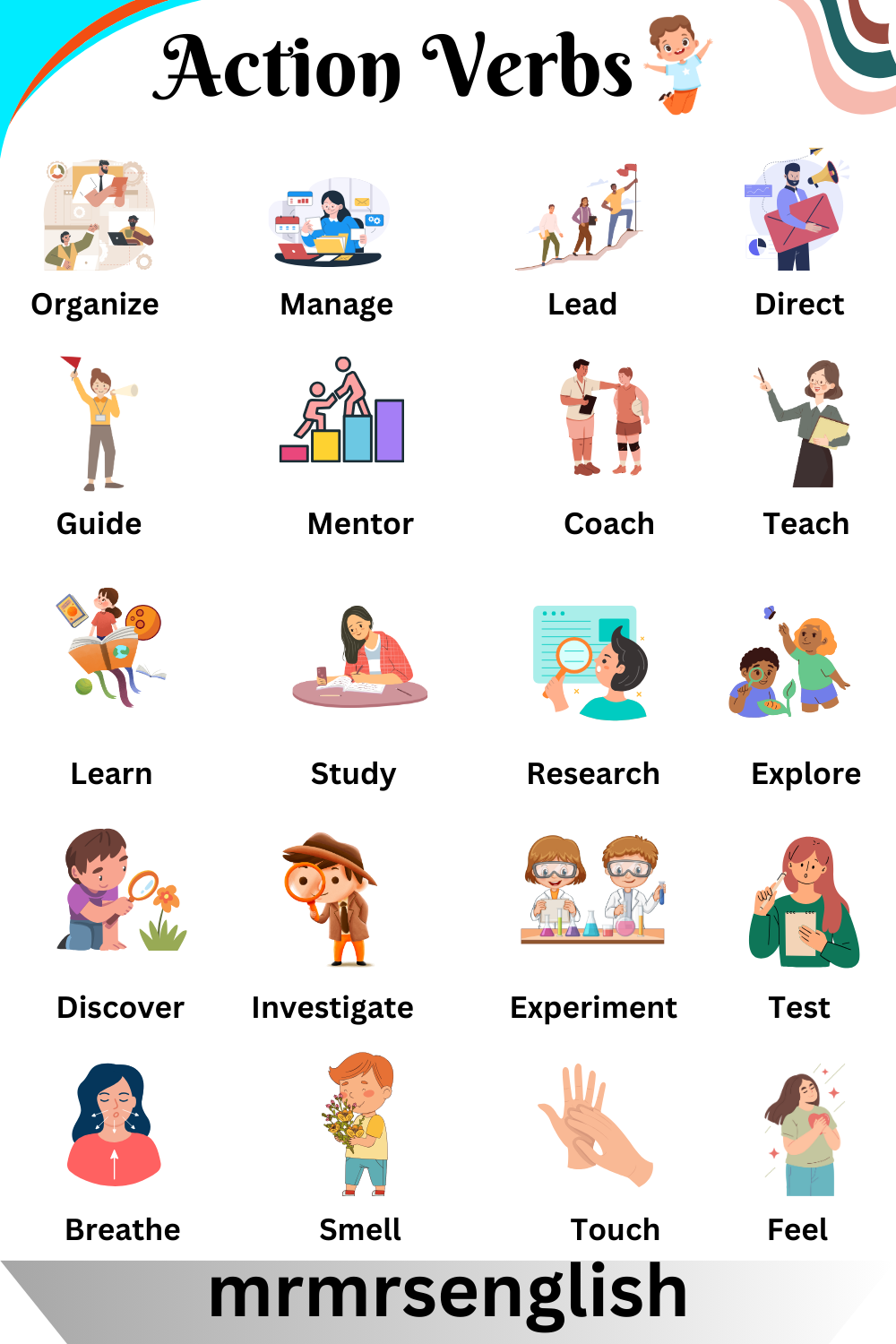
Credit: mrmrsenglish.com
Usage In Sentences
Action verbsmake sentences clear. They show what someone does. For example, “She runsevery morning.” Another example is “He readsa book.” These verbs tell us about the action. They are easy to understand. Simple verbs help us know what happens. “The cat jumpson the bed.” “The dog barksloudly.” Using action verbs makes sentences interesting. They add life to words. “The bird flieshigh in the sky.” “The boy laughsat the joke.” Action verbs are powerful. They describe actions clearly.
Complex sentences use action verbs too. “When the sun rises, the flowers open.” These sentences have more parts. They show cause and effect. “As she studies, she learnsnew things.” They connect ideas with action. “Though he tries, he failssometimes.” Action verbs are important here. They keep sentences strong. “If the rain falls, the ground getswet.” “Unless he hurries, he missesthe bus.” Complex sentences need verbs to work. They make sentences richer.
Tips For Choosing The Right Verb
Action verbs make sentences lively and clear. They show what someone is doing. Pick verbs that match the action. For instance, use “run” instead of “move quickly”.
Be specific with your verbs. “Whisper” is better than “talk quietly”. It gives a clear picture. Simple verbs work best. Avoid long and complex words.
Check tense in your sentence. Make sure the verb fits the time. Use “jumped” for past and “jumps” for present.
Use verbs that suit the subject. “The dog barks” is correct. “The dog sings” sounds odd. Think about who or what is acting.

Credit: www.pinterest.com
Enhancing Writing With Action Verbs
Action verbs make writing lively. They paint clear pictures in the mind. Words like “run”, “jump”, and “dance” show action. Use them for more exciting sentences. Instead of saying “He was fast,” say “He sprinted.” Instead of “She was happy,” say “She laughed.” These verbs help create vivid images. Readers can see and feel actions. This makes stories more engaging.
Clarity is key in writing. Action verbs help with this. They remove confusion from sentences. Instead of “He was moving,” use “He walked.” Instead of “She was doing,” use “She painted.” Readers understand better. This keeps them interested. Strong verbs help them stay focused. This is how action verbs improve writing.
Common Mistakes To Avoid
Overuse of action verbsmakes writing dull. Using too many verbs confuses readers. Sentences lose their meaning. Readers might miss the main point. It’s best to use verbs wisely. Choose verbs that fit the sentence. Use action verbs sparingly for impact.
Misplacement in sentencescan change meaning. Wrong verb placement confuses readers. It can make sentences unclear. Read each sentence carefully. Make sure verbs are in the right spot. Try placing verbs where they help the sentence flow. This keeps the writing clear and easy to understand.
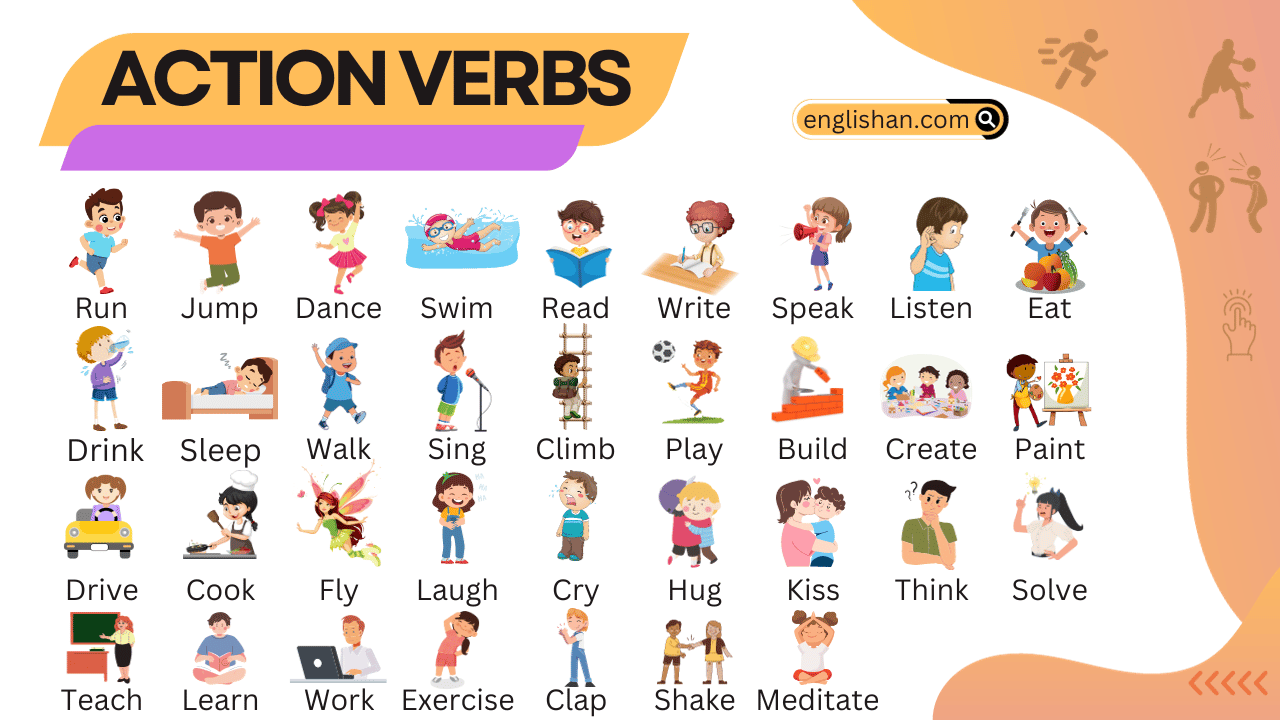
Credit: englishan.com
Frequently Asked Questions
What Are Common Action Verbs?
Common action verbs describe actions and are essential for clear communication. Examples include run, jump, eat, and write. They add clarity and precision to sentences, making them more engaging. Using diverse action verbs can enhance writing by providing vivid descriptions of activities.
How Do Action Verbs Improve Sentences?
Action verbs provide clarity and engagement to sentences. They specify the exact action being performed, making sentences more dynamic. For instance, “The cat ran” is more vivid than “The cat moved. ” Using specific action verbs helps convey precise meanings and enhances the reader’s understanding.
Can You List Examples Of Action Verbs?
Certainly! Examples of action verbs include run, jump, swim, write, read, and sing. These verbs illustrate specific activities. Using varied action verbs in writing can create more engaging and vivid sentences, helping readers visualize the actions being described.
Why Are Action Verbs Important In Writing?
Action verbs are crucial for creating dynamic and engaging content. They specify the actions being taken, making sentences clearer. Using strong action verbs helps convey precise meanings and enhances the reader’s experience. Action verbs can transform dull writing into lively and interesting prose.
Conclusion
Action verbs add energy to your sentences. They make writing clear. With this list, you can write better. Create more engaging stories or essays. Your message becomes stronger. Readers understand you easily. They stay interested. Practice using these verbs often.
Notice the difference in your writing. It feels more alive. More direct. Choose verbs that fit your context. Experiment with different combinations. Your skills will grow over time. Keep this list handy. Refer to it when needed. Enjoy the process of improving your language.
Communication becomes more effective. Writing becomes more fun.
